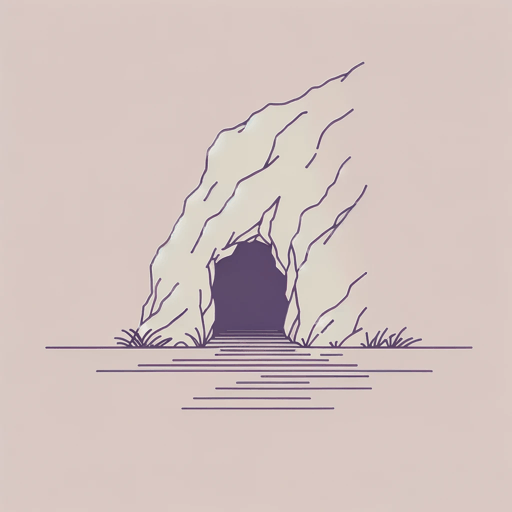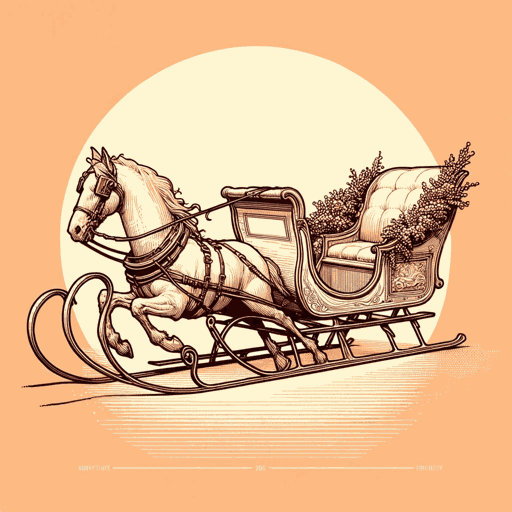42 pages • 1 hour read
James Fenimore CooperThe Last of the Mohicans
Fiction | Novel | Adult | Published in 1826A modern alternative to SparkNotes and CliffsNotes, SuperSummary offers high-quality Study Guides with detailed chapter summaries and analysis of major themes, characters, and more.
Important Quotes
“Her complexion was not brown, but it rather appeared charged with the color of the rich blood, that seemed ready to burst its bounds. And yet there was neither coarseness nor want of shadowing in a countenance that was exquisitely regular, and dignified and surpassingly beautiful.”
(Chapter 1, Page 17)
Cooper’s The Last of the Mohicans is notable, among early 19th-century American novels, for prominently featuring a multiracial primary character, Cora. The novel describes Cora’s appearance, including her skin complexion and hair. The text contains some examples of what might now be called backhanded compliments about Cora or microaggressions toward her, such as assuring that there was no “coarseness” in her appearance, but in general Cooper’s novel conveys an attitude of acceptance toward a diverse American society.
“Should we distrust the man because his manners are not our manners, and that his skin is dark!”
(Chapter 2, Page 20)
Early in the novel, Magua leads Heyward, Cora, and Alice through the wilderness, and they become suspicious of him. Heyward in particular implies that the Native American man may be misleading them, while Cora, who herself stands out from the others (including her white sister, Alice) because of her appearance, defends Magua from criticism based on his race. While the suspicions about Magua turn out to be correct, Cora insists that Magua’s misdeeds should be judged based on his character and shouldn’t be reduced to a matter of his race.
“Who comes hither, among the beasts and dangers of the wilderness?”
(Chapter 4, Page 38)
At the moment in which Heyward’s party and Bumppo’s party meet, Bumppo calls out to them to identify themselves. His question is ironic because Alice, Cora, Heyward, and Gamut turn out to be anything but “beasts and dangers.
Related Titles
By James Fenimore Cooper



